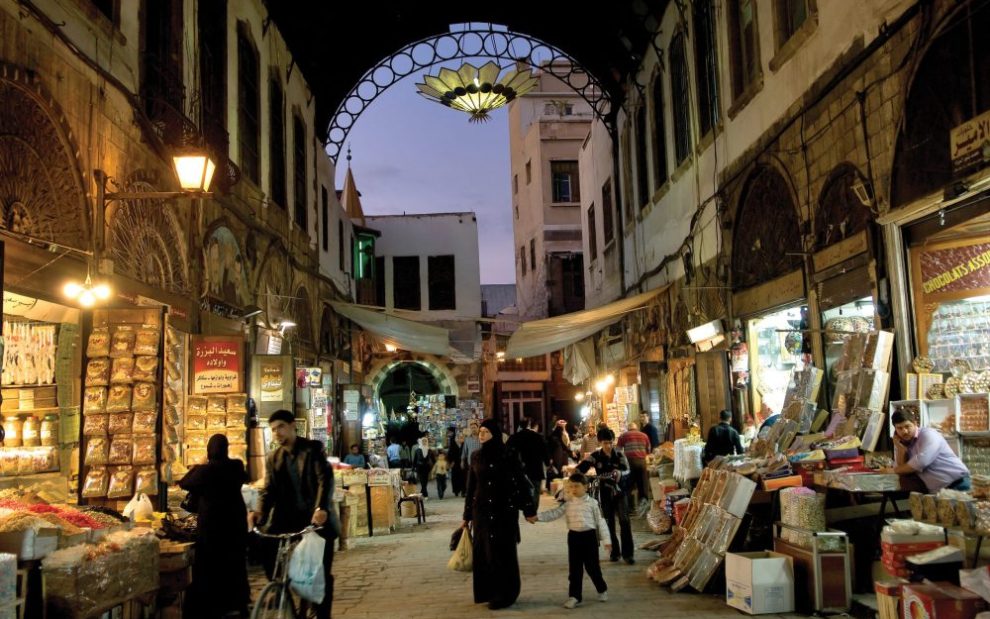As 2024 concluded, the demolition of Gaza and its people continued unabated. After 15 months of violence, their suffering, normalized, faded into the background noise of American political life, despite appeals for mercy from around the world and especially pointed criticism from Pope Francis.
In a Christmas message from Rome on December 21, the pope deplored the previous day’s air strikes by the Israel Defense Forces that killed 25 people, mostly women and children, adding to the more than 44,000 already killed. Francis called the “bombing of children” in Gaza “cruelty . . . not war.”
The latest round of hostilities in the Holy Land began in October 2023 in response to a murderous raid on southern Israel, with hostages taken by Hamas militants. As the conflict persisted and expanded, the humanitarian and civic damage was not limited to Palestinian territory. Hezbollah militants joined Hamas the day after its incursion, and it was not long before a vehement response from Israeli forces created the same level of destruction in south Lebanon as well.
A tentative bright spot amid the regional cataclysm was the unexpected unraveling of the Assad regime in Syria. Fourteen years of civil war and decades of murderous oppression at the hands of the Assad family came to a sudden and comparatively bloodless end. What happens next in Syria is hard to predict. Will the victorious Sunni rebels of the Hayat Tahrir al-Sham and its allied militias launch a period of peace and restoration—or unleash more violence and chaos, pursuing vengeance and retribution? Certainly, the nation’s Alawite, Druze, and Christian minority communities have reason to be both anxious and hopeful about what the future may bring.
But we cannot continue to ignore the suffering of Syria’s common people. An estimated 11.7 million Syrians require life-saving assistance, according to the United Nations. A vast humanitarian response will also be needed in Gaza, as well as in Lebanon, a nation barely holding on after years of economic distress and political incapacity.
The idea of a Marshall Plan for the Middle East has surfaced from time to time for decades, perhaps most notably promoted by former President George W. Bush in a vain promise to the people of Iraq in 2008. But now, after years of conflict, with a hunger crisis looming across the region, that plan warrants the renewed political and economic backing necessary to convert this diplomatic phantasm into a regional action plan.
Some people may believe that propping up the struggling economies and sclerotic political structures of the Middle East cannot be in the West’s interest when Islamist extremism remains a threat. Fair enough. Reciprocity in religious freedom and other human rights, as well as economic and political reform, should all be part of the aid discussion. But it is a truism in geopolitical diplomacy that you don’t need to make peace with your friends.
Israel and the West would contribute to their own long-term peace and security by returning hope to the people of the Middle East after so much suffering and disorder. They would also be doing the right thing.
In a July 2022 commentary for the Arab News, a little more than a year before Hamas set hopes for regional peace aflame, Ronald S. Lauder, president of the World Jewish Congress, wrote in hope and optimism to endorse the idea. The original Marshall Plan at the end of World War II in Europe helped rebuild both ally and enemy states alike. It “restored the confidence of an entire, demoralized continent,” he wrote.
“But its most important benefit was that it helped pacify Europe,” he said, “which in the space of less than 40 years had endured two world wars that killed more than 100 million human beings.”
The world has witnessed a similar suffering play out in the Middle East for decades. A different future is possible.
This article also appears in the March 2025 issue of U.S. Catholic (Vol. 90, No. 3, page 42). Click here to subscribe to the magazine.
Image: Shutterstock














Add comment